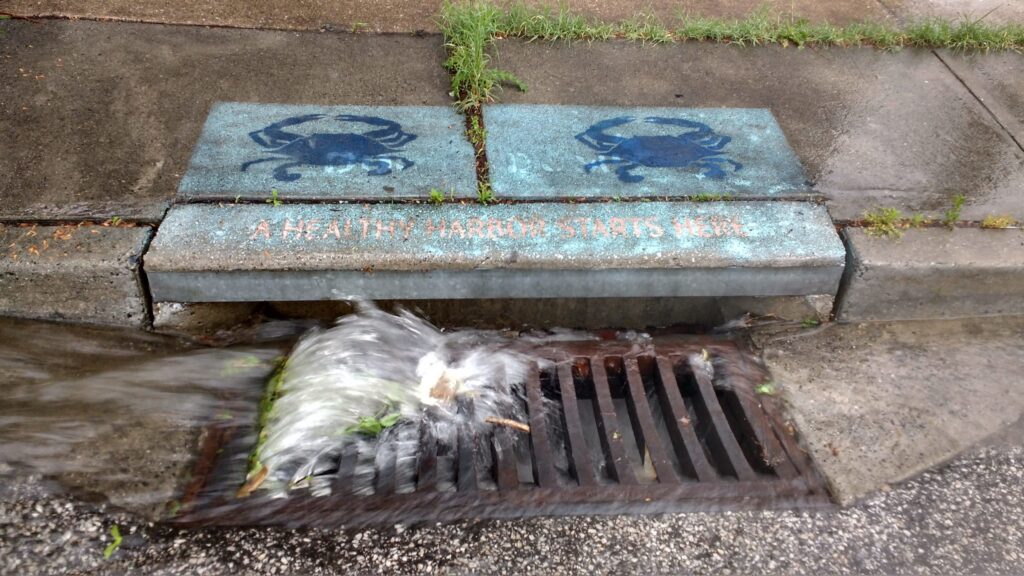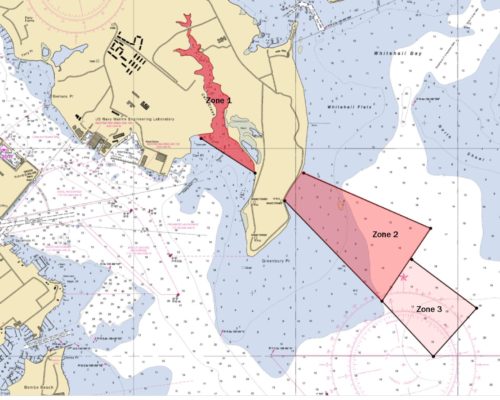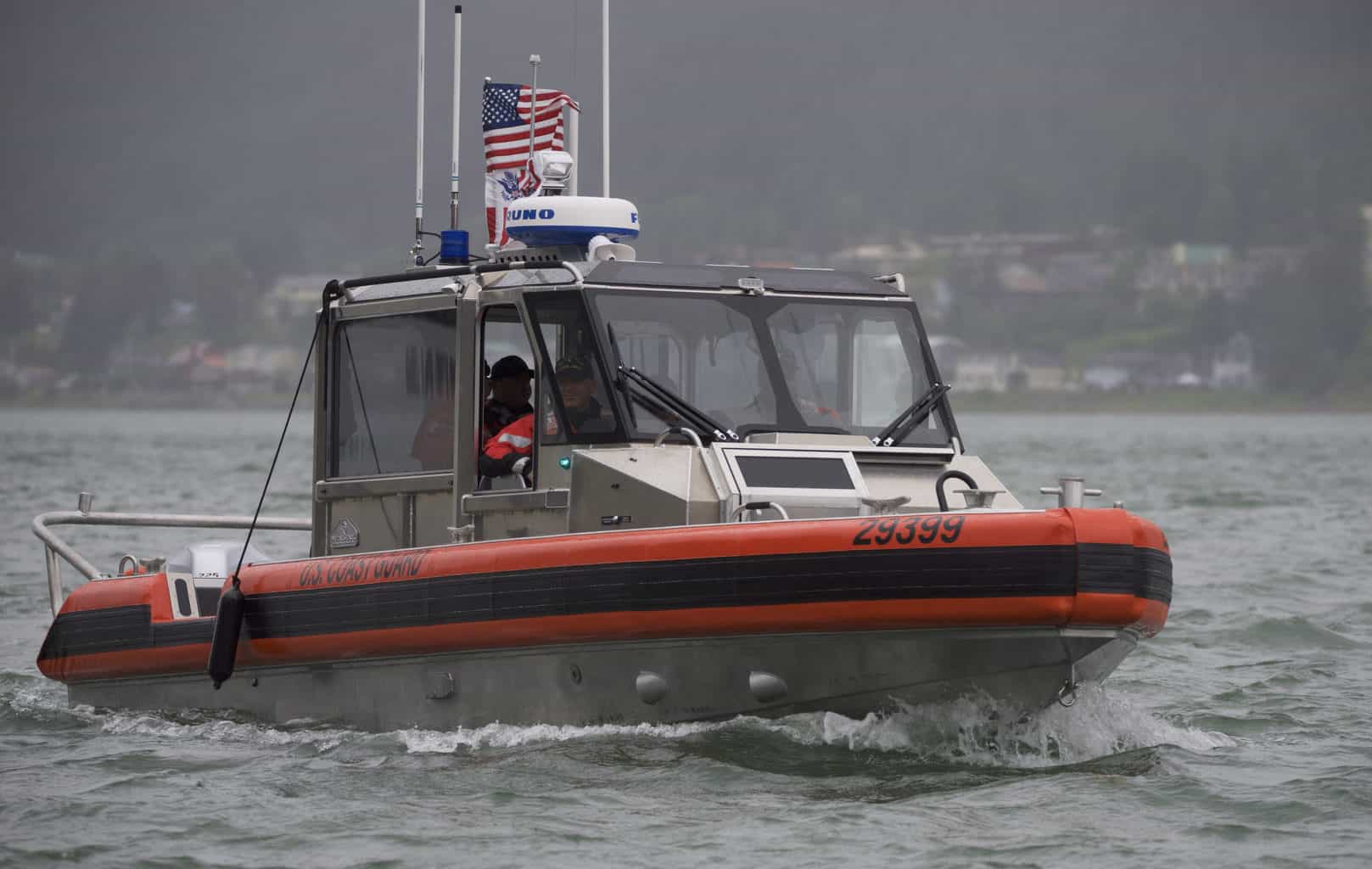Maryland’s second highest court has rebuffed efforts of environmental groups to overturn storm water permits issued to Baltimore City and County they say would harm Chesapeake Bay restoration efforts.
The Chesapeake Bay Foundation, Blue Water Baltimore and several individual environmentalists went to court over the permits issued by the state Department of the Environment (MDE) in 2021, arguing that they didn’t do enough to reduce pollution flowing to the Bay through storm drains. Lower courts upheld those permits and the decision Wednesday (Jan. 21) by the Appellate Court of Maryland affirmed those rulings.
The three-judge panel held that MDE has great flexibility to set the requirements in those permits and that the department “had a rational basis for implementing permit terms it found were consistent with” federal Clean Water Act standards.
Alice Volpitta, the Baltimore Harbor Waterkeeper with Blue Water Baltimore, said the organization was “deeply disappointed with the court’s decision.”
“Baltimore residents deserve cleaner waterways, less inland flooding, and fewer sewage backups into their homes,” she said in a statement. “We’ll continue our work with communities and agencies to achieve those goals, in spite of this weak permit.”
Taylor Lilley, a staff attorney for the Chesapeake Bay Foundation, said the permits are “the only way Maryland has to regulate storm water runoff” and because the permits, known as MS4 permits, are good for five years, the state missed “a rare and singular opportunity” to crack down on that pollution.
She said the environmental advocates are “weighing all of our options” before they decide whether to appeal to the state supreme court.
A spokesman for MDE said in an email they would have no comment on the decision.
The environmental groups argued that seven years’ worth of water sampling data showed that while some types of pollution have improved, there are “significantly worsening trends” in pollution from stormwater run-off. That demonstrates, they said, that methods such as street sweeping and storm drain clean-ups, which the city has been using and are allowed as “alternative methods” in the contested permits, aren’t good enough.
Instead, they said, the permits should require expanded tree planting programs and green spaces, rain gardens and expanded wetlands to soak up storm water rushing off city streets.
Writing for the court, Judge Douglas Nazarian said they, “take the Environmental Advocates’ concerns seriously,” and that the issues they have raised show “genuine factual disputes” about the effects of the existing permit system.” But at the same time MDE has resolved those issues and that the department has “wide flexibility in choosing “best management practices” that are “consistent” with federal law.
The court would defer to MDE’s action “so long as there was substantial evidence to support it, which there was,” Nazarian wrote.




